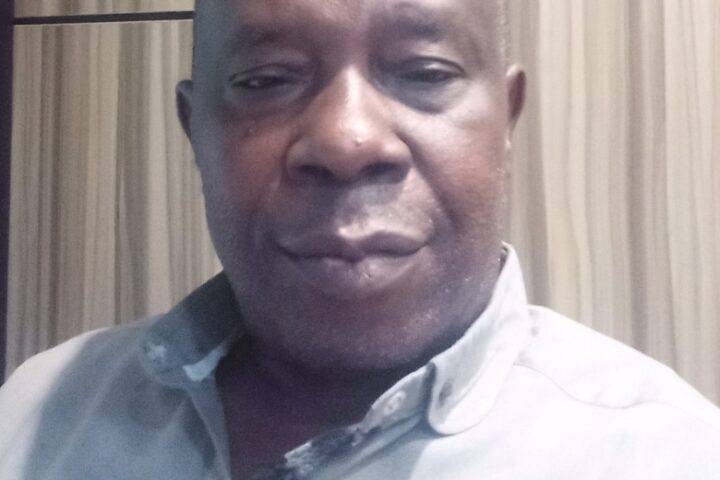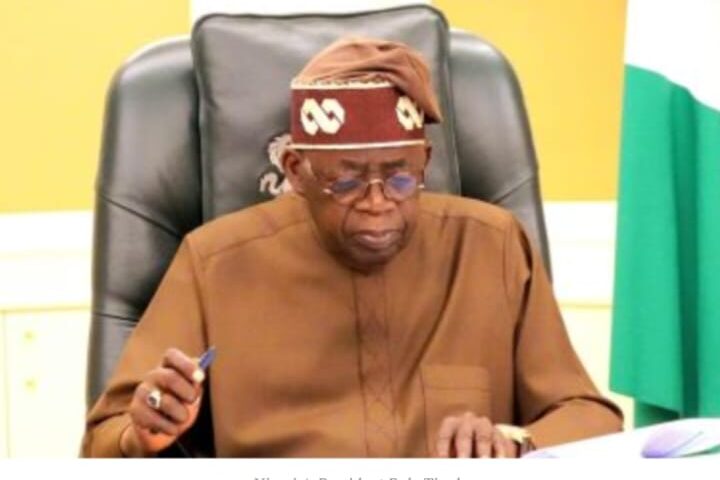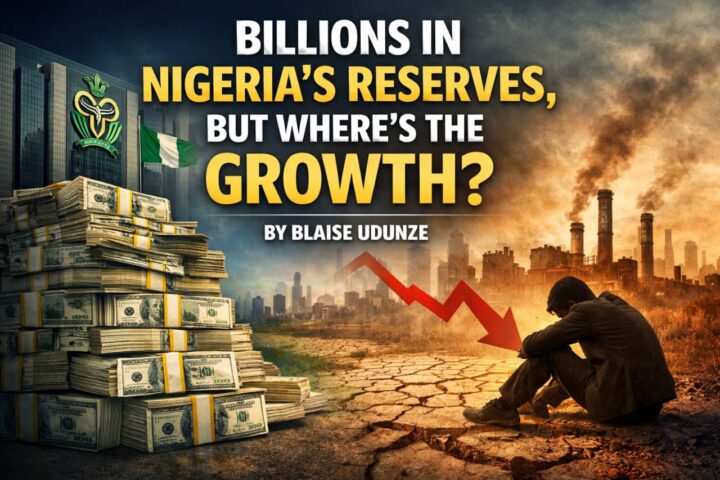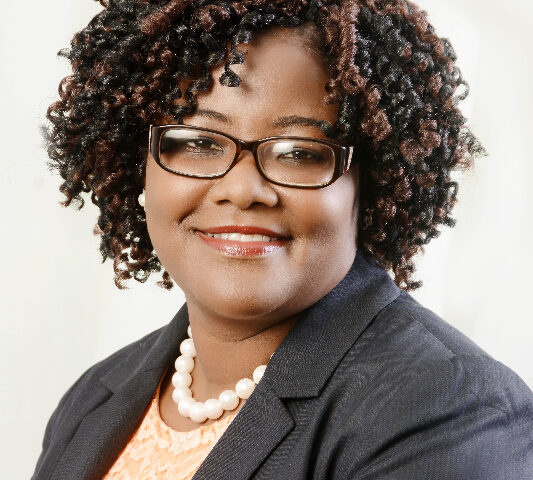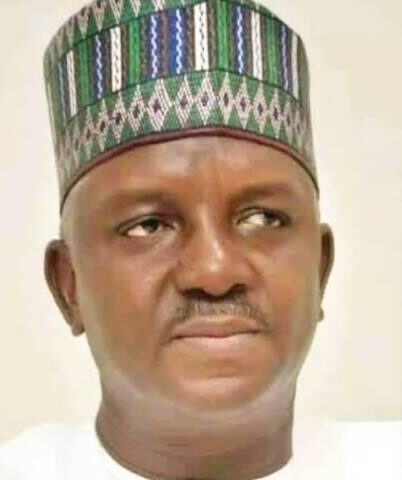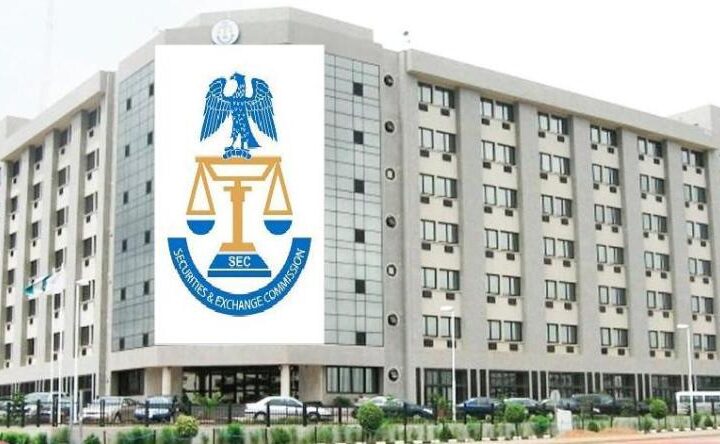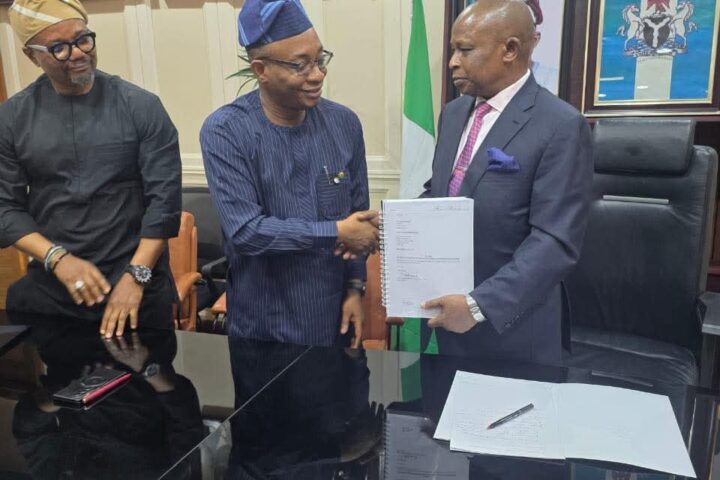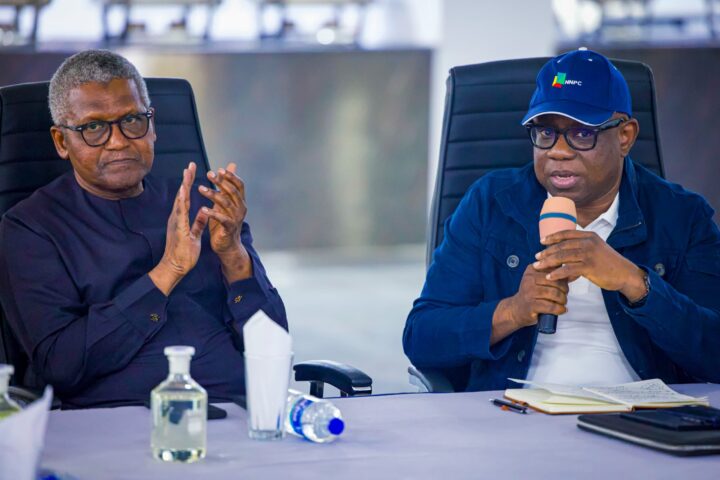By Ahmad B. Liman
Yobe State stands out as one of the most politically intriguing states in northern Nigeria. Over the years, its political structure has developed unique characteristics that set it apart from many others in the region.
From the personalities who dominate the space to the internal workings of political parties and the electoral processes, Yobe operates within a system that is both tightly controlled and deeply rooted in loyalty-based patronage.
At the center of this political ecosystem are individuals often referred to as the critical stakeholders. These are political powerbrokers who often former and current governors, seasoned legislators, influential party chieftains, and traditional elites , who play an outsized role in determining the political direction of the state. They are not just decision-makers; they are kingmakers.
In Yobe, political processes such as party formation, the selection of party executives, the conduct of primaries, allocation of appointments, access to patronage, and the distribution of state resources are all influenced; and in many cases dictated by these stakeholders.
Absolute loyalty to their decisions is expected, and any deviation is often met with exclusion from the political process. It is a system that thrives on hierarchy, allegiance, and obedience.
During election seasons, the critical stakeholders convene behind closed doors to determine the allocation of political offices, from the governorship and deputy governorship to seats in the National Assembly, the State House of Assembly, local government chairmanships, councillorships, and even federal appointments.
These decisions are often made long before the general public becomes aware of the candidates, rendering internal party democracy largely symbolic. This concentration of power has led many to describe them as the Alpha and Omega of Yobe politics.
Supporters of this system argue that it has brought a degree of political stability to Yobe. Unlike many other states that experience intense political rivalries, violent campaigns, and post-election conflicts, Yobe has largely enjoyed smooth transitions of power.
This centralized decision-making is credited with reducing political thuggery, mudslinging, defections, and betrayals. In essence, by minimizing competition and ensuring internal party consensus, the system has helped avoid the chaos that often characterizes Nigerian elections.
However, not everyone agrees. Critics of the system argue that it has also stifled democratic growth, innovation, and accountability and real development. By concentrating political power in the hands of a few, they contend that the system limits public participation and prevents the emergence of new voices and fresh ideas.
Furthermore, they argue that the dominance of long-serving politicians, many of whom have remained in office for decades, has hindered the pace of development.
A prime example lies in the Yobe State House of Assembly. Some legislators have served for multiple consecutive terms. The current Speaker, Rt. Hon. Chiroma Buba Mashio, has held his seat since 1999, making him one of the longest-serving state legislators in Nigeria. Another prominent lawmaker has been in office since 2007.
While long tenures are not unusual in mature democracies developed economies like the United States or the United Kingdom, where experience and continuity are valued, the difference in Yobe is that such extended service has not necessarily translated into the level of development and reform expected by the populace.
Critics argue that many of these long-serving politicians have become disconnected from the everyday challenges of the people and have failed to champion meaningful progress.
In recent years, however, a shift has begun to emerge in Yobe state. A new generation of politically aware youth, civil society actors, and independent-minded individuals has started to challenge the status quo.
This shift is becoming visible in areas such as Gashua, Potiskum, Damaturu, Geidam, and Nguru etc including urban centers where youth mobilization and civic engagement are gaining momentum.
A watershed moment came during the 2023 state assembly elections. In what was seen as a political upset, Lawan Musa, a 35-year-old candidate of the Peoples Democratic Party (PDP), defeated the sitting Speaker of the Yobe State House of Assembly, Hon. Ahmed Lawan Mirwa of the All Progressives Congress (APC).
This victory was not just symbolic , it sent a strong message that change is possible and that the political monopoly of the critical stakeholders could be challenged.
Similarly, the member representing Geidam constituency narrowly retained his seat against a little-known candidate from a party with virtually no political structure. This near-defeat was a sign that voters are beginning to evaluate candidates based on merit, not just endorsements from power brokers.
The world of politics is evolving, and Yobe is not immune to these changes. With increased access to information, social media mobilization, and political education, the youth of Yobe are becoming more assertive. They are demanding better governance, more inclusive leadership, and a departure from the politics of godfatherism.
As the 2027 elections approach, the big question remains: will the traditional political establishment maintain its hold on power, or will the momentum of change seen in 2023 continue to grow? Some results of the 2023 elections in some local governments, constituencies, and polling units are early indicators that the political climate in Yobe is shifting slowly, but noticeably.
Whether this change will be sustained or reversed depends on the willingness of the critical stakeholders to embrace reform, as well as the determination of the youth and reform-minded individuals to continue pushing for a more open, democratic, and development-oriented political system.
Liman writes from Damaturu, Ahmadbliman1@gmail.com



